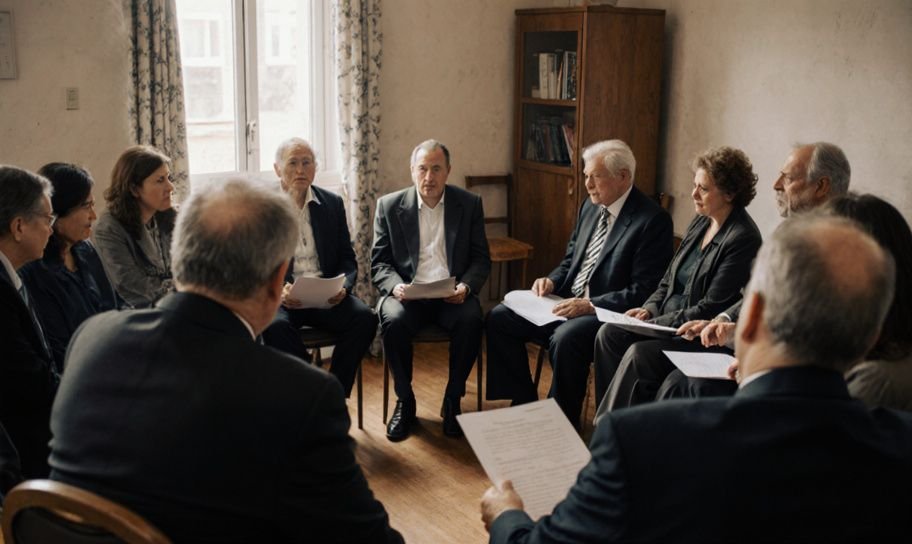
Quick Summary: A legal fight over a redevelopment plan for a cooperative housing society led to an important court decision. The Bombay High Court decided that the Cooperative Court, not the Civil Court, should deal with problems related to the society's management and business.
The conflict started when the person in charge of a Cooperative Housing Society, without holding elections, called a General Body Meeting on October 16, 2005. During this meeting, a decision was made to hand over the society's property for redevelopment. Later, a development deal was signed with a builder for a huge amount of Rs.11.74 crore.
The people challenging this, including Shri. Shankar Bhoju Gunjal, argued that the decision and following agreements were illegal and should be canceled. The Cooperative Court first said it had the right to hear the case. But the Cooperative Appellate Court disagreed, saying that some parts of the case were outside the Cooperative Court's authority.
"The Cooperative Court alone is able to decide the dispute completely after looking at the facts and evidence." — Justice Amit Borkar
Petitioners' Stand: The challengers, represented by Mr. Kanetkar, argued that the whole issue should be handled by the Cooperative Court because it was directly related to the society's business. They said the person in charge had no power to make such decisions, making the agreements invalid.
Respondents' View: The other side, represented by Mr. Jadhav, argued that the dispute involved outside interests, which should be dealt with by a Civil Court. They mentioned a Supreme Court decision to support their point.
Justice Amit Borkar decided that the Cooperative Court does have the right to handle the case. The judge stressed that issues involving the society's management or property should be decided by the Cooperative Court, according to Section 91 of the Maharashtra Cooperative Societies Act, 1960.
This decision strengthens the role of Cooperative Courts in dealing with internal society issues. It shows the importance of deciding which court should handle certain problems and the challenges that come up when outside interests are involved.
"The Cooperative Court will then look at all the important evidence... whether the builder acted as an agent or as the owner."
The case will go back to the Cooperative Court, which will look into all issues, including whether the development agreement is valid and the role of the builder as an agent of the society.
This decision sets an example for how similar issues will be dealt with in the future, making sure that cooperative societies' internal matters are handled by specialized courts.